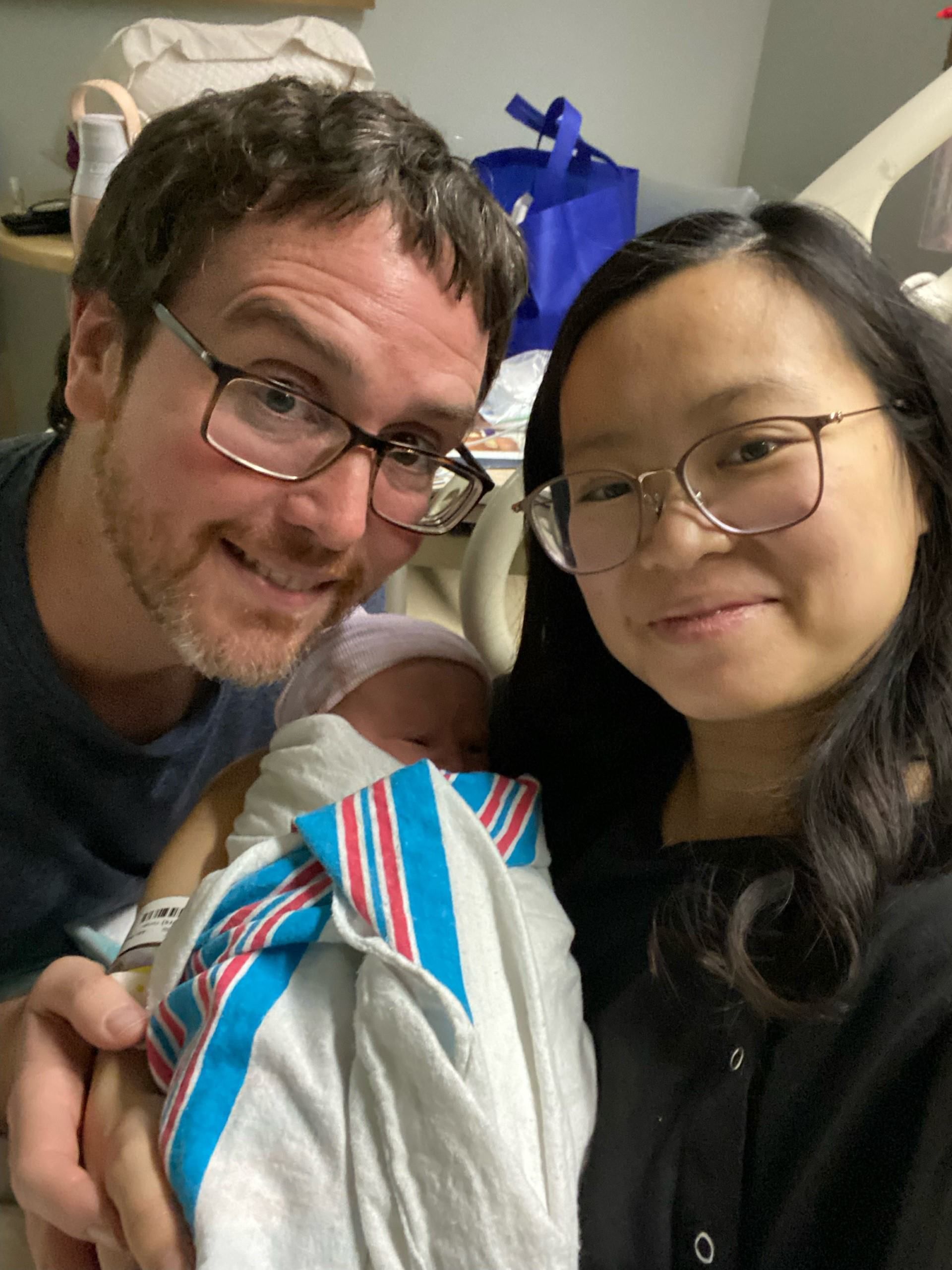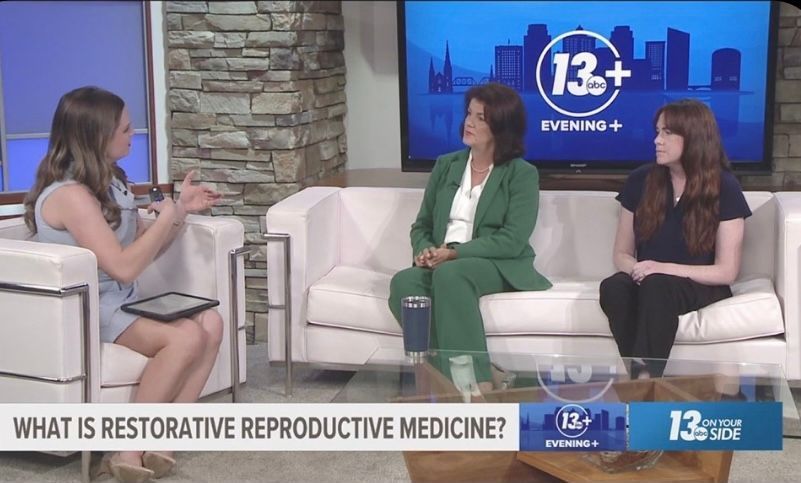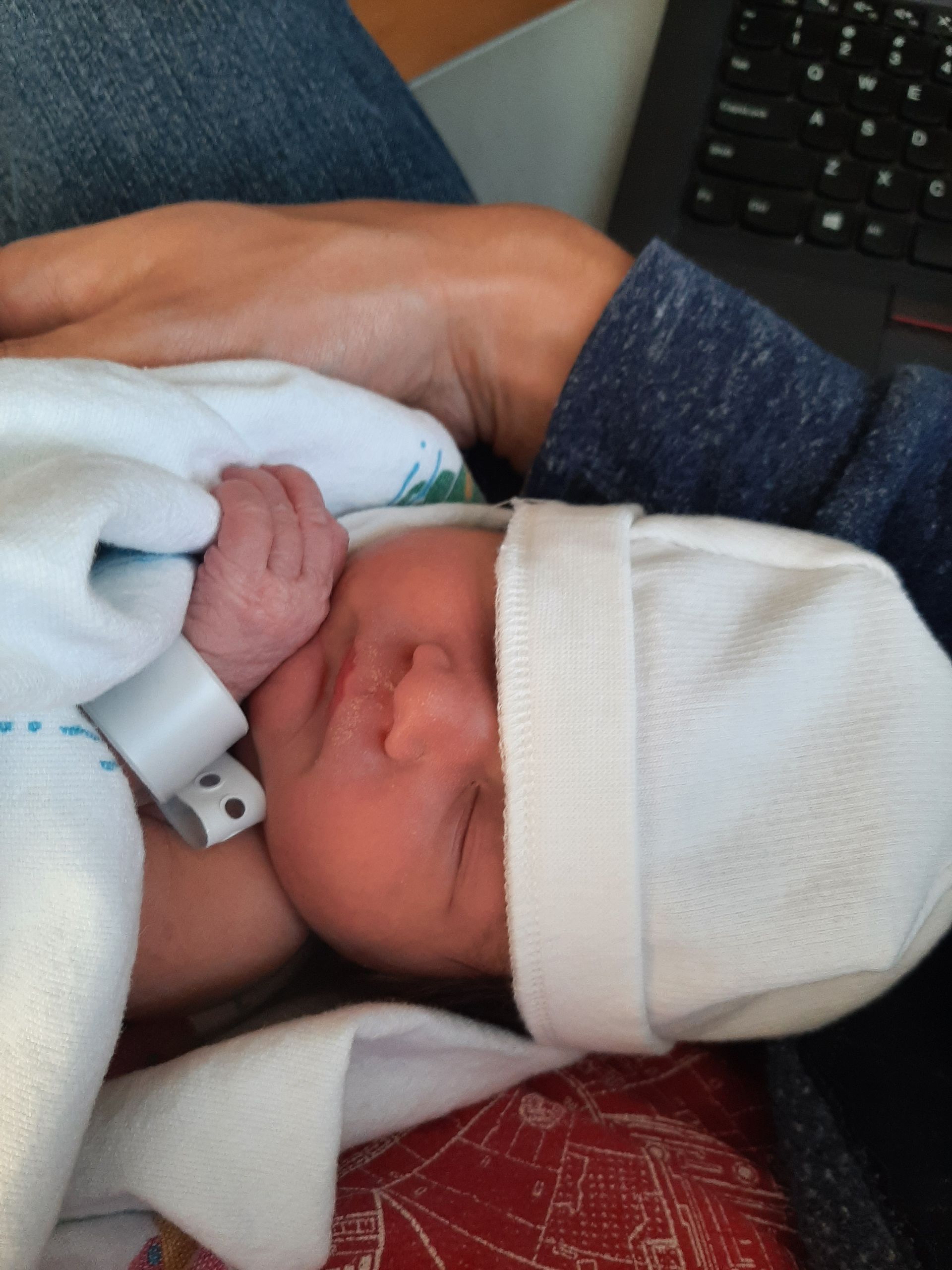Amanda Naramore, APRN, is a board-certified nurse practitioner with more than 17 years-experience delivering compassionate care to women of all ages. Prior to joining Reply Fertility, she served as a nurse practitioner with the division of Obstetrics and Gynecology at the Medical University of South Carolina in Charleston, SC and with Seasons Ob/Gyn and Summerville Women’s Care in North Charleston. Her clinical interests include helping women navigate complex fertility challenges and counseling patients on the importance of overall health maintenance. She holds a Master of Science degree as an Advanced Practice Nurse Practitioner from The University of Cincinnati and an undergraduate degree in nursing from The University of Louisiana at Monroe.

Why don’t more couples know about restorative reproductive medicine?
By Amanda Naramore, APRN
Most women have never heard the words Restorative Reproductive Medicine but many of the 13% of women struggling with infertility(1) do often ask themselves very important questions: Why hasn’t my doctor offered natural way to achieve pregnancy that cooperates with my reproductive system? or Why aren't my doctors working to explain my "unexplained infertility?" These are appropriate questions, but unfortunately they are not answered because most medical providers have never heard of RRM or fertility awareness charting.(2)
Restorative reproductive medicine is a growing practice that has helped countless women restore their reproductive health. The International Institute of Reproductive Medicine defines RRM as a “medical discipline that identifies and treats the root cause of reproductive problems, aiming to treat, optimize and restore the patient’s health"(4). Most medical schools offering OBGYN residency programs do not teach students about RRM or even introduce them to the possibility of its existence (2). As a graduate of a women’s health nurse practitioner program, I was never exposed to the notion of health restoration. The curriculum identified the female medical abnormalities and went directly to treatment with birth control or in the case of infertility, referral to artificial reproductive technology (ART). There were no natural alternatives to treatment discussed or suggested. In fact, infertility is often referred to as a disease state instead of a symptom of a bigger problem.
The lack of exposure a medical student or OB/GYN resident receives to RRM and fertility awareness charting will directly affect their ability to offer a positive alternative to ART. Providers simply do not know there is an entire medical community devoted to a unique fertility restoration approach. This knowledge deficit leaves many women frustrated with their options to improve their fertility and even suspicious of the medical community. Medical providers can also become discouraged. It seems like such a glaring inadequacy in medicine, yet the answer has been available for over 20 years.
Here at Reply, we utilize RRM not only to repair the couple’s overall health and optimize their fertility but also to teach them about the female’s reproductive system by utilizing fertility awareness charting. This practice is backed by years of medical research and evidence-based medicine. RRM has excellent success rates in achieving pregnancy, especially in cases where IVF has failed, and women were of advanced reproductive age.(3) Another reassuring fact is that the RRM success rates for pregnancy are comparable to ART, excluding the use of donor eggs.(4) Our Reply team is working to educate couples about a healthier and more natural alternative to ART. We feel this approach respects the couple, as it helps them optimize their health while trying to conceive a healthy pregnancy.
1. Datta, J., Palmer, M., Tanton, C., Gibson, L., Jones, K. G., Macdowall, W., Glasier, A., Sonnenberg, P., Field, N., Mercer, C. H., Johnson, A., & Wellings, K. (2016). Prevalence of infertility and help seeking among 15 000 women and men. Human Reproduction, 31(9), 2108–2118. https://doi.org/10.1093/humrep/dew123
2. Roberts, L.M., Kudesia, R., Zhao,H. et al. A cross-sectional survey of fertility knowledge in obstetrics and gynecology residents. Fertil Res and Pract 6, 22 (2020). https://doi.org/10.1186/s40738-020-00091-2General FAQ – The Institute for Restorative Reproductive Medicine. (n.d.). https://iirrm.org/general-faq/
3. Stanford, J. B., Parnell, T. A., & Boyle, P. (2008). Outcomes from treatment of infertility with natural procreative technology in an Irish general practice. Journal of the American Board of Family Medicine, 21(5), 375–384. https://doi.org/10.3122/jabfm.2008.05.070239
4. Virtual Mentor. 2013;15(3):213-219. doi: 10.1001/virtualmentor.2013.15.3.stas1-1303.












